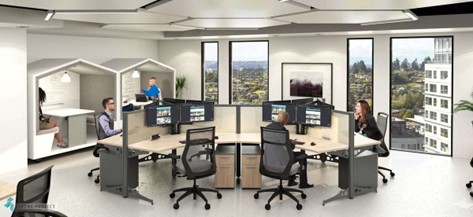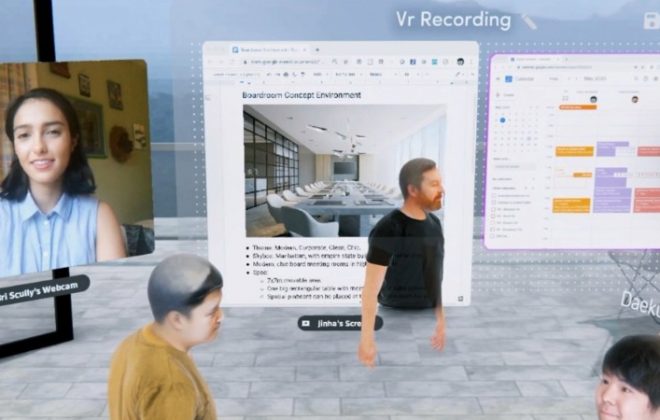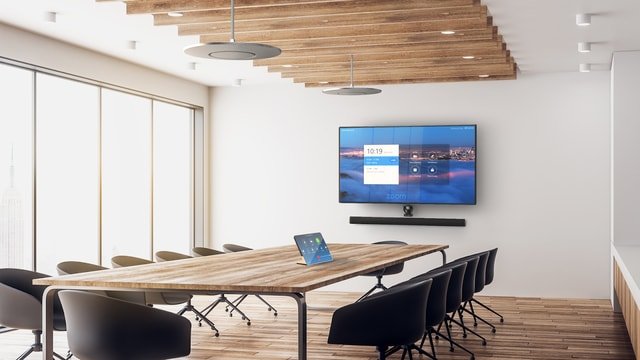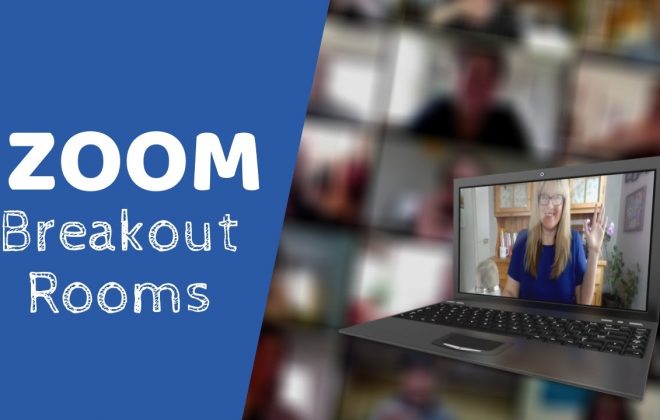5 Modern Conference Room Design Ideas – For the Future Workplace
In today’s evolving workplace landscape, conference rooms have transformed from simple meeting spaces into dynamic environments that foster collaboration, creativity, and productivity. We’ve discovered that each modern workplace design requires a special and unique items that will truly draw your team to come together. We’ve found that the most effective workplace teams have been able to draw together their organizations into one family under their core brand by bringing beautiful spaces to work in. We’ve written here about five cutting-edge design ideas that are reshaping modern conference rooms.
- Flexible Furniture Solutions
Gone are the days of fixed conference tables and rigid seating arrangements. Modern conference rooms are embracing modularity with:
- Lightweight, wheeled furniture that can be easily reconfigured
- Nesting tables that can be combined or separated based on group size
- Multi-functional pieces that serve as both seating and writing surfaces
- Standing-height tables with adjustable stools for varied postures

This flexibility allows spaces to transition seamlessly from board meetings to brainstorming sessions to team workshops, maximizing the room’s utility and encouraging dynamic interaction.
Modern conference rooms must seamlessly integrate technology while maintaining aesthetic appeal. Key features include:
- Built-in wireless charging stations embedded in tables
- Cable management systems that keep wires hidden but accessible
- Multiple display screens for hybrid meetings and content sharing
- Interactive touchscreen walls for collaborative work
- Voice-activated controls for lighting and presentation systems
The key is making technology invisible yet omnipresent, ensuring it enhances rather than dominates the space.
Every office needs to make sure they have the most up-to-date technology design for their global Internet Infrastructure. When this hasn’t been updated, business’s lose their employees confidence. Check out our blog on Wireless Telecom consulting to help ensure your team never loses your internet. 
- Biophilic Elements
Incorporating nature into conference room design isn’t just about aesthetics—it’s about wellness and productivity. Consider:
- Living walls with low-maintenance plants
- Natural materials like wood and stone
- Large windows providing natural light and outdoor views
- Nature-inspired color schemes and textures
- Air-purifying plants strategically placed around the room
These elements help reduce stress, improve air quality, and create a more inviting atmosphere for extended meetings.

Modern conference rooms prioritize acoustic design to support both in-person and virtual collaboration:
- Sound-absorbing wall panels that double as artistic elements
- Ceiling baffles designed to reduce echo
- Strategic placement of soft materials and textiles
- Soundproof glass walls for visual connectivity without noise bleed
- Zones of acoustic privacy for breakout discussions

Good acoustic design ensures clear communication while maintaining privacy and reducing distractions from adjacent spaces.
- Lighting Layers
Sophisticated lighting design is crucial for both functionality and ambiance:
- Tunable LED lighting that adjusts color temperature throughout the day
- Task lighting for note-taking and detailed work
- Accent lighting to highlight architectural features
- Natural light optimization through smart windows or glazing
- Preset lighting scenes for different meeting types

The right lighting can enhance focus, reduce eye strain, and create the perfect atmosphere for any type of meeting.
Conclusion
The future of conference room design lies in creating adaptable spaces that seamlessly blend technology, comfort, and functionality. By incorporating these five elements—flexible furniture, integrated technology, biophilic design, acoustic considerations, and layered lighting—organizations can create meeting spaces that not only meet current needs but are also ready for the future of work.
When implementing these design ideas, remember that the best conference rooms reflect your organization’s culture while supporting the various ways your teams collaborate. Start with the elements that align most closely with your team’s needs and build from there.
Recent Posts
- Cato Networks Deep Dive: A Technical SD-WAN & SASE Architecture Guide for Senior Network Engineers
- ROI of AI: How Network Bottlenecks are Wasting 30% of Your GPU Investment
- What is an AI Readiness Assessment? The 2026 Executive Guide to Enterprise Scaling
- The Complete Oracle FastConnect Guide: Architecture, Routing, Security, and Enterprise Connectivity Design
- Telecom Expense Management (TEM): The Definitive Guide for Mid-Large Enterprises
Archives
- January 2026
- December 2025
- October 2025
- September 2025
- August 2025
- July 2025
- June 2025
- May 2025
- April 2025
- March 2025
- February 2025
- January 2025
- December 2024
- November 2024
- October 2024
- September 2024
- August 2024
- July 2024
- June 2024
- May 2024
- April 2024
- March 2024
- February 2024
- January 2024
- December 2023
- November 2023
- October 2023
- September 2023
- August 2023
- July 2023
- June 2023
- May 2023
- April 2023
- March 2023
- February 2023
- January 2023
- December 2022
- November 2022
- October 2022
- September 2022
- August 2022
- July 2022
- June 2022
- May 2022
- April 2022
- March 2022
- February 2022
- January 2022
- December 2021
- November 2021
- October 2021
- September 2021
- August 2021
- July 2021
- June 2021
- May 2021
- April 2021
- March 2021
- December 2020
- September 2020
- August 2020
- July 2020
- June 2020
Categories
- Clients (12)
- Telecom Expense Management (1)
- Satellite (1)
- Artificial Intelligence (9)
- Travel (1)
- Sports (1)
- Music (1)
- News (284)
- Design (4)
- Uncategorized (1)
- All (19)
- Tips & tricks (25)
- Inspiration (9)
- Client story (1)
- Unified Communications (196)
- Wide Area Network (310)
- Cloud SaaS (60)
- Security Services (71)





